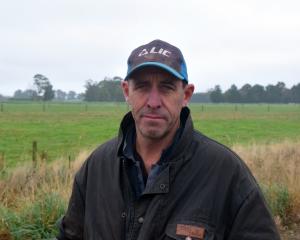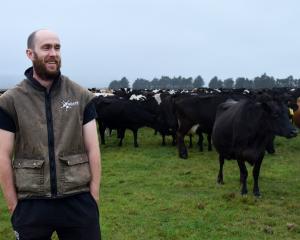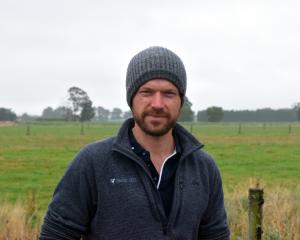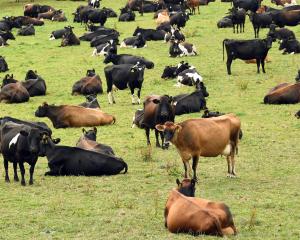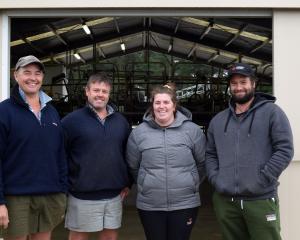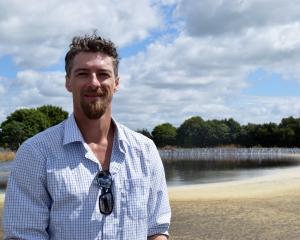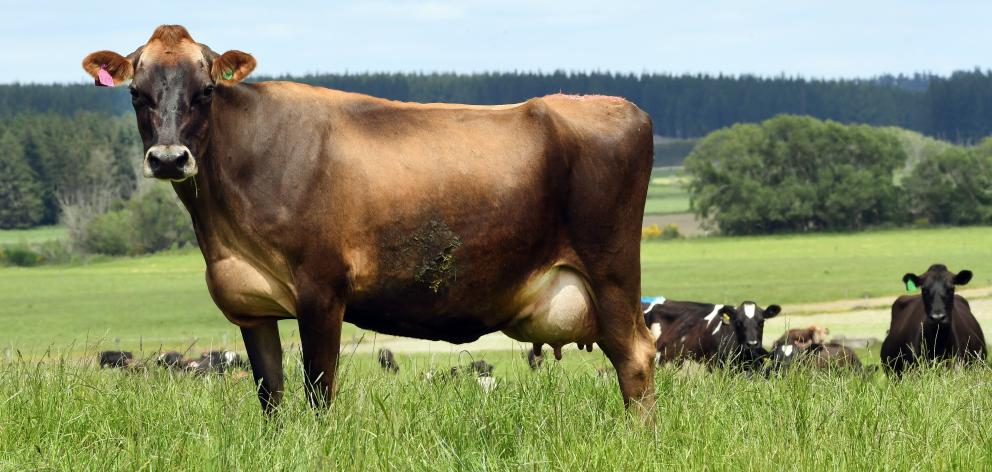
The disease, which can cause lameness, mastitis and abortions in cows spreads through cattle herds and last year the government introduced a programme to attempt to eradicate the disease by culling infected cattle.
Latest figures show 56 of the 90 farms that have tested positive for Mycoplasma bovis have now been culled of their stock and declared safe to repopulate.
The project's lead researcher, Fiona Doolan-Noble, said the two-year study would look at the impact of the eradication programme on farmers directly, and the wider community more generally.
"For the farmers themselves, one day their herd is there and the next morning they wake up and they've all gone.
"That's a huge loss on so many levels. It's an emotional loss, a sensory loss and a financial loss until compensation is received and they can start building up their herd again," she said.
Others within rural communities are also affected, from agricultural suppliers and small rural businesses through to community groups, she said.
Dr Doolan-Noble said studies from the 2001 foot and mouth outbreak in the United Kingdom found the outbreak was "not just an animal tragedy but also a human one".
UK research identified feelings of distress and bereavement, concerns of a new disaster, loss of faith in authority and control systems and annoyance at the undermining of local knowledge, she said.
The foot and mouth outbreak was contained within seven months but Mycoplasma bovis is more difficult to control and may take years to eradicate, she said.
"The fact that it could drag on for a long time introduces another complexity," Dr Doolan-Noble said.
"Farming is at the core of many rural communities and when it takes a hit, the whole community gets hit."
The study in Otago and Southland is due to start in April and will be funded by a $120,000 Lotteries grant.
It is hoped results from the study will help to inform the government's management of the current outbreak and add to the limited body of research, aiding future decision making in exotic disease responses, Dr Doolan-Nobel said.


